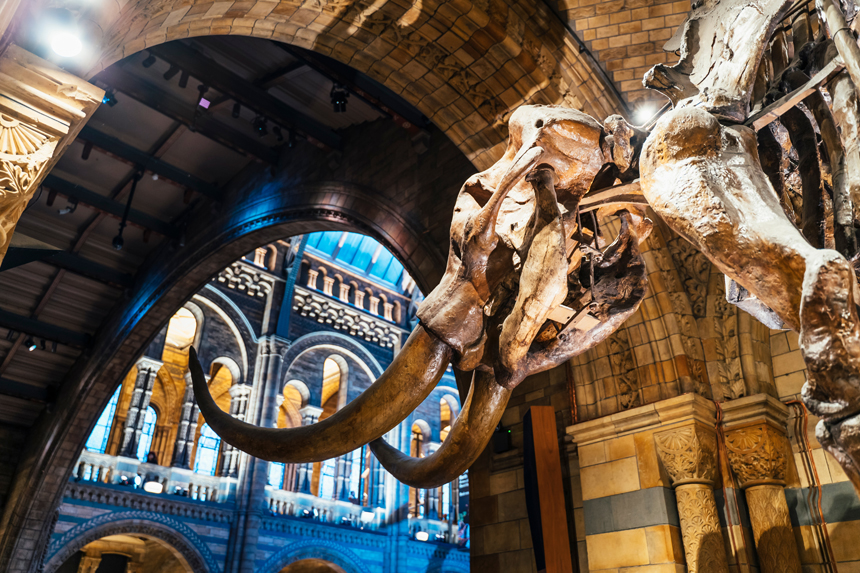Senior managing editor and logophile Andy Hollandbeck reveals the sometimes surprising roots of common English words and phrases. Remember: Etymology tells us where a word comes from, but not what it means today.
Who would have thought just ten years ago that Mastodon, the name of an elephant-like mammal that went extinct more than 10,000 years ago, would become a part of the daily vocabulary of millions of people.
If you haven’t heard of Mastodon, it likely means you weren’t bitten by the social media bug and should probably consider yourself lucky. It is one of the front-running alternatives to Twitter. (And if you haven’t heard of Twitter — now X — then this is probably your first day using the internet. Welcome!)
But of course mastodons existed long before digital computers, and they got their name from a peculiar and unexpected physical trait.
Mastodon bones had been discovered in the Americas since the early 18th century, but they were long though to be mammoths — a related but different woolly, elephant-like animal. But at the beginning of the 19th century, scientists looking at fossilized bones of the smaller creatures from the Western hemisphere noticed little cusps on the crowns of their molars.
The French naturalist and anatomist Georges Léopold Chrétien Frédéric Dagobert Cuvier thought those cusps looked like, of all things, nipples. He is credited with coining the name Mastodon, which he created by combining the Greek root mastos “breast” and the French -odonte, which traces to the Greek odous “tooth.”
That’s right, a mastodon is a “boob-tooth.”
The cusps on those mastodon molars indicate that the animal probably ate by browsing, that is, feeding off of leaves, twigs, and fruits from high-growing trees and shrubs, as opposed to its larger cousin the mammoth, which grazed on grasses and other lower vegetation.
I looked a bit deeper into that word mammoth in “5 English Words of Russian Origin.” Though its true etymology is disputed, it likely traces back to a Siberian dialect of Russian to a word that means “large, terrible beast” — a bit more straightforward than mastodon, but not as, let’s say, colorful.
Become a Saturday Evening Post member and enjoy unlimited access. Subscribe now




Comments
Wish we had these creatures around nowadays. I wonder what the hunting season might be like. I wonder what a mastadon steak or burger would be like.
What a wonderful entry! I certainly would not have guessed the origins of this word! Thank you. Very interesting.
loved the Sat Evening Post.. Visited the Public Library to catch up every week or so…
“Boob-tooth.” So that’s what the mastadon really is. Some interesting three syllable words start with ‘mast’, like masticate. Always important to not rush, and chew our food sufficiently.